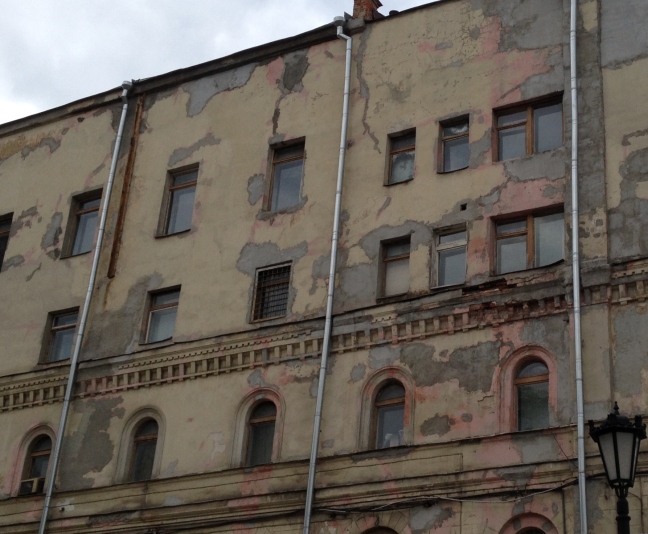In 1920, the Secret Police in Moscow were actively recruiting British citizens as spies against their government. A black wine trader, Benjamin Jeffers, revealed how he resisted their approaches when he was interviewed by Lord Emmot’s Committee to Collect Information on Russia in London on 15th June 1920.
Jeffers had been imprisoned for several months when he was offered freedom if he would work for the Soviet Government. His interrogators explained: “If you catch a gentleman the first time we will give you 1,000 Roubles and the next time we will give you 15,000 Roubles…” To ensure he understood the consequences of failure, they added bluntly: “If you do not catch anybody, we will shoot you.”
When the last British prisoners-of-war were sent to Ivanovsky, the Secret Police tried to recruit them as spies and they gave Emerson MacMillan and the other soldiers a “pamphlet telling them to shoot their officers and join the Bolsheviks”. This fell on stony ground because Leonard Vining and Brian Horrocks were regarded so highly by everyone under their command. See Chapters 11 and 15 of Churchill’s Abandoned Prisoners for further details.



 Ivanovsky Prison
Ivanovsky Prison